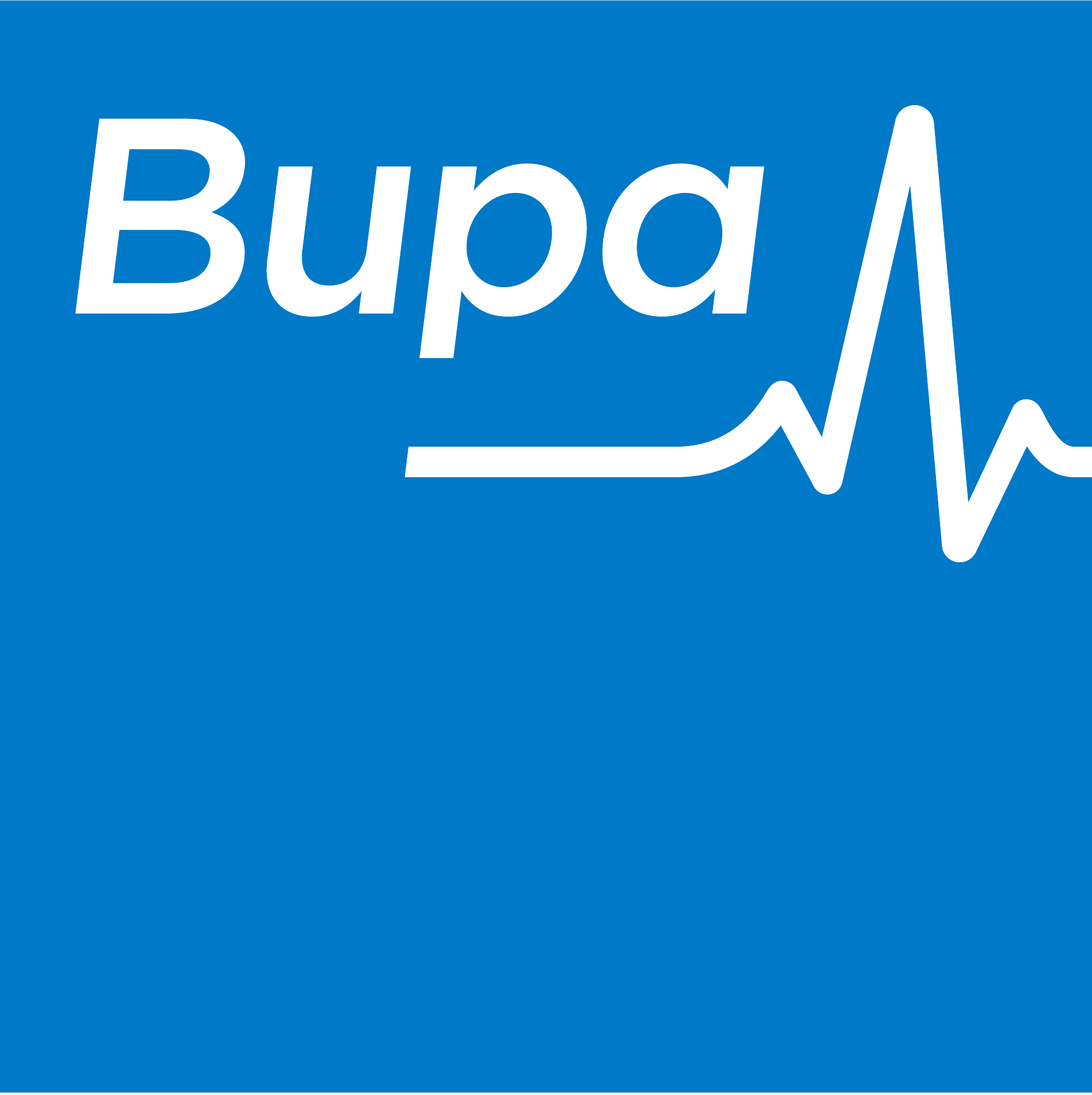Bupa has partnered with the British Interactive Media Association (BIMA), the largest tech and creative community in the UK, to listen to and find out what matters most within the tech and digital industry. The eye-opening findings centre around the four key themes of hybrid working, talent attraction and retention, support for leaders and workplace culture around mental health.
We’ll tell you what you need to know, what industry-leading talent are saying, and what relevant steps you can take to support your team and power through growth ambitions.
Read the full report and watch the roundtable discussion here.
1. Helping hybrid workers
Individuals working hybrid patterns told us they’re experiencing challenges with mental health, workload and other work-related issues.
A quarter of hybrid, majority remote workers reported feeling overwhelmed by work “often” (compared to 15% of majority or full-time in-office workers).
With high levels of hybrid and remote working in tech, is it time to re-examine how you can best support the unique health challenges of a hybrid work environment?
2. Talent seeking health and wellbeing support
C-suite and executive respondents listed recruitment and retention as among their top challenges regarding their business for 2025, alongside generating new business and rising operational costs.
So, what can small and medium businesses do to make themselves more attractive to new talent and more likely to retain their current team?
Although executive-level respondents told us that salaries, work-life balance and flexible working are the most important factors for attracting industry talent, those at non-executive level revealed that health and wellbeing support is a key consideration when choosing who to work for.
3. Support at the top
Running an ambitious company inevitably means juggling many roles and responsibilities while facing challenges like economic uncertainty, generating new business and keeping up with new industry developments.
In our survey, 70% of founders, CEOs and other executive-level respondents reported experiencing poor mental health at work within the prior 12 months, while those with health insurance in place were more likely to say they received adequate support.
This suggests having health and wellbeing support in place for leaders might ease this strain, making it easier to tackle the many challenges of leadership for those currently feeling overwhelmed.
4. Open or not?
In many workplaces, there still remains a stigma around openly discussing mental health issues.
Despite the majority of C-suite and senior management respondents having experienced poor mental health at work over the past year, when asked if they felt they can be open about mental health with their teams, just over half answered “Yes, to a degree.”
However, while some had no need or desire to discuss mental health and work-related stress with colleagues, others talked proudly of actively fostering openness and honesty around these issues. When asked whether they feel they can be open on mental health, some of those that answered “Yes, absolutely” explained that creating a culture of transparent allowed them and other team members to feel more comfortable and find the right support.
More than any other step in the survey, this question drew the strongest opinions on both sides.
For more information about Bupa’s survey and roundtable discussion video with BIMA, visit here.












